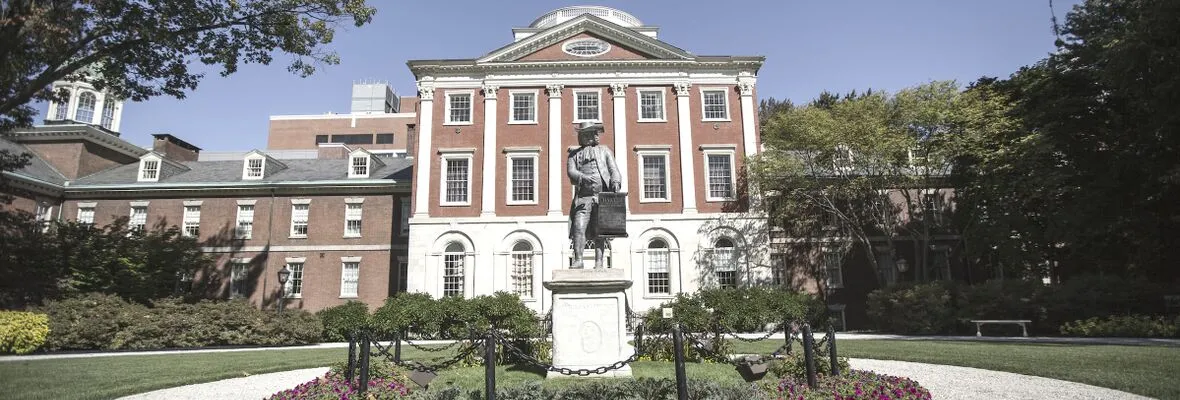Home
The Sharpe Lab at the University of Pennsylvania Perelman School of Medicine operates at the intersection of spine biomechanics, neurosurgical innovation, and artificial intelligence to advance patient care through data-driven and mechanistic insights. Our research spans rigorous biomechanical testing of spine and spine injury models, evaluation of spinal interventions, and the development of predictive technologies that inform surgical planning and personalized treatment strategies. Leveraging institutional registries, national datasets, and state-of-the-art laboratory equipment—including MTS platforms and novel imaging systems—we investigate the biomechanical underpinnings of spine pathology while validating AI frameworks for clinical translation.
In parallel, the lab maintains a strong focus on developing and validating machine learning models, including natural language processing and large language model architectures, to automate clinical workflows such as operative note review, postoperative surveillance, and outcome prediction. This dual approach—integrating experimental biomechanics with scalable AI—is uniquely positioned to optimize neurosurgical workflow, identify modifiable risk factors, and address disparities in access and care across the spinal patient population.
The lab fosters a multidisciplinary environment—supported by the Catherine Sharpe Foundation and industry partners—that promotes independent research initiatives and cross-disciplinary collaboration between engineering and neurosurgical faculty. We work closely with multiple departments across the University of Pennsylvania and the Children’s Hospital of Philadelphia (CHOP), enabling both basic and translational insights across age groups. Dr. Jang W. Yoon and Dr. Ali K. Ozturk collaborate with the Sharpe Lab while also leading their own research groups, further strengthening our translational reach and interdepartmental connectivity.


